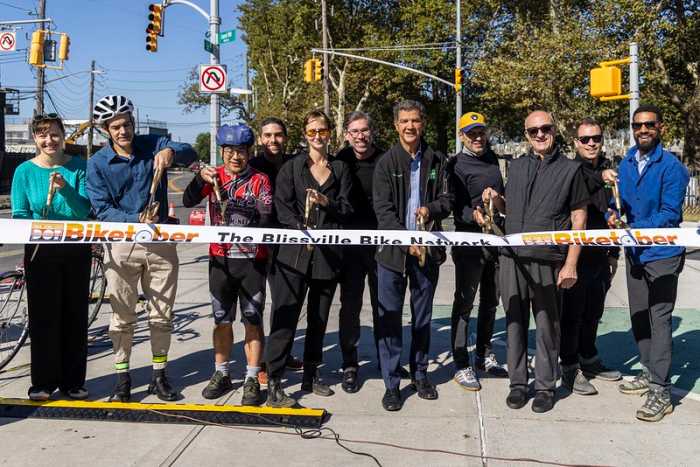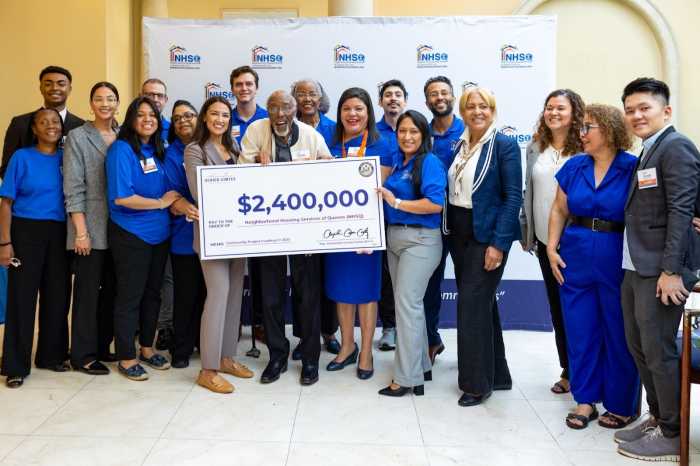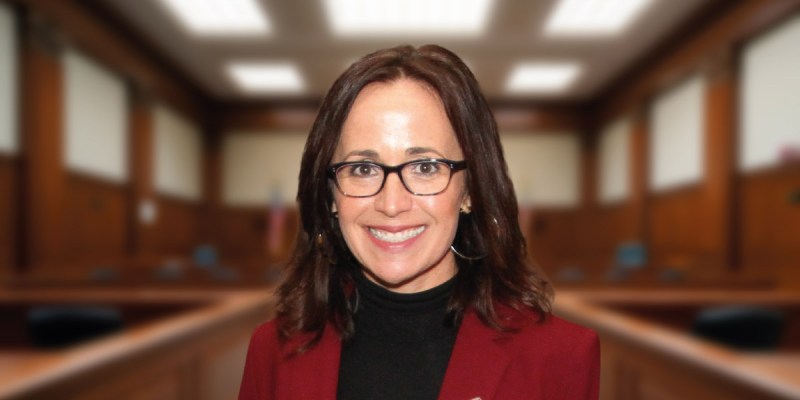By Kenneth Kowald
First, I am not opposed to big box stores. Second, I have never bought anything in a Wal-Mart.
I have been in a Wal-Mart only once, a few years ago, when I was attending a conference at LeMoyne College near Syracuse. A colleague from Ridgewood needed a windbreaker and we went to the local Wal-Mart to get one.
Many years ago, when I edited the weekly Forest Hills newspaper and the big stores began coming to Queens, the merchants were worried. At a meeting, one of them told the group that they may not be able to compete with big stores on price, but could better them on service and that the merchants should concentrate on that.
Forest Hills and other thriving local business areas around Queens proved he was right.
So a few years ago, when Wal-Mart wanted to build a store in Rego Park, I wondered what all the fuss was about. It appeared that the whole world was against the proposal.
In the years since the proposal was defeated, I have kept a newspaper clipping file on Wal-Mart. I believe Wal-Mart was properly restrained from building here or anywhere in the city and should not be permitted to build until it becomes a good corporate neighbor, which it is not today, despite some progress.
Since Wal-Mart continues to want to enter the city market, with the possible exception of Manhattan, I think a review of some of the negatives about it are in order. At another time, I will write about the positives.
In early 2006, when Wal-Mart was trying to stave off a rash of laws which would make it give adequate health coverage to what it calls its “associates,” it was reported that the company's 1.3 million employees, who make an average of $20,000 a year, spent nearly twice as much of their income on health care as the average American and that almost 50 percent of employees' children were either uninsured or on Medicaid.
That meant states, including New York, were using taxpayer money to make up for Wal-Mart's shortcomings.
Facing increasing criticism, the company launched a public relations campaign, including sending favorable information to bloggers, who used it without reference to the source. One of the campaign's purposes was to “research” opponents' backgrounds, just like a political campaign. I imagine many New Yorkers are on that list now.
In mid-2006, Wal-Mart agreed to have its employees in China become members of what that country's communist government calls a union. In the United States, there are no employees who are union members. The company does not get away with that in places like Argentina, Brazil, Mexico, the United Kingdom and Germany.
For what it is worth, depending on your point of view, it was learned in fall 2006 that the Walton Family Foundation was a major contributor to some very conservative organizations in this country. That could be a positive for many people.
Around that time, too, it became known that Wal-Mart's own brand of organic milk, selling for less than other such products, did not fit the accepted definition of “organic.” Some anti-Wal-Mart groups claimed the company was “diluting the principle of organic agriculture and delivering customers a substandard product.”


































